In this special episode of The Drive, we have pulled together a variety of clips from previous podcasts with sleep expert Dr. Matthew Walker to help listeners understand this topic more deeply, as well as to identify which previous episodes featuring Matt may be of interest. In this episode, Matt gives an overview of why we sleep, the stages of sleep, and sleep chronotypes, and he provides tips to those looking to improve their total sleep and sleep efficiency. Additionally, Matt discusses the pros and cons of napping, and gives his current thinking on the effects of blue light and caffeine on sleep. Finally, Matt explains the dangers of sleeping pills and reveals what he believes are the most useful alternatives for someone struggling with sleep, such as those with insomnia.
Subscribe on: APPLE PODCASTS | RSS | GOOGLE | OVERCAST | STITCHER
We discuss:
- Evolutionary reasons to sleep [2:15];
- Stages of sleep, sleep cycles, and brainwaves [10:00];
- Understanding sleep chronotypes and how knowing yours could help you [25:45];
- Defining sleep efficiency and how to improve it [36:15];
- Correcting insomnia: a counterintuitive approach [38:45];
- Pros and cons of napping, and insights from the sleep habits of hunter-gatherer tribes [41:30];
- Sleep hygiene, wind-down routine, and tips for better sleep [50:15];
- The optimal room temperature and body temperature for the best sleep [59:30];
- Blue light: how Matt shifted his thinking [1:08:30];
- Caffeine: how Matt has adjusted his hypothesis [1:14:45];
- The dangers of sleeping pills, useful alternatives, and cognitive behavioral therapy for insomnia [1:19:45];
- More.
Evolutionary reasons to sleep [2:15]
From episode #47 – Matthew Walker, Ph.D., on sleep – Part I of III: Dangers of poor sleep, Alzheimer’s risk, mental health, memory consolidation, and more; discussed from [1:01:00] – [1:09:15]
- Sleep has become stigmatized as laziness and sloth
- In 70 years, we’ve lost 20-25% sleep
- By comparison, imagine a reduction in O2 saturation by 20-25%
- It’s very clear that’s not a good idea
Peter’s personal story about his attitude towards sleep
- He resisted lots of sleep until about 2012
- “I’ll sleep when I’m dead”
- During med school, he spent about 114 hrs per week working in the hospital and got about 28 hours of sleep a week
- A few years later, Kirk Parsley said to him, “So let me get this straight. You just decided that you’re going to sleep half of what is evolutionarily programmed? … Does it strike you as odd that evolution would have designed us to spend a third of our life, not mating, not watching out for predators, not hunting for food, but doing this thing for some other purpose? Do you think that thing must have been important?”
- Overnight it changed the way Peter thought about sleep, which was that evolution went to great lengths to do this
“Sleep is the greatest life support system you could ever wish for. It’s a remarkable health insurance policy, it’s largely democratic, free and largely painless”‒ Matt Walker
Sleep is the foundation of health
- In terms of de-risking just about every disease that is killing us in the developed world, it’s very hard to look no further than sleep
- Nutrition and exercise are important, but sleep is the foundation
- “Sleep is the foundation on which those two other things sit. It’s not the third pillar of good health, I think it is the foundation”
How long can you survive without sleep?
- The record someone survived without food might be 382 days (a lean person maybe 30 days)
- Deprivation of sleep causes the quickest reduction of health
- Guinness has banned trying to set record for sleep deprivation (record might have been up to 24 days) because it’s so dangerous (cancer, mental health, CVD, metabolic syndrome, suicidality).
- Think about this:
- Felix Baumgartner went up in hot air balloon to outer surface of Earth and then jumped out, fell over 1000/km/hr, broke sound barrier
- That was NOT banned by Guinness, but sleep deprivation was – gives you sense of how dangerous it is not to sleep
Stages of sleep, sleep cycles, and brainwaves [10:00]
From episode #47 – Matthew Walker, Ph.D., on sleep – Part I of III: Dangers of poor sleep, Alzheimer’s risk, mental health, memory consolidation, and more; discussed from [40:15] – [54:45]
- Let’s shift gears a little and go back to the polysom
- Let’s explain:
- The stages of sleep, different patterns of brain waves (as measured by an EEG), see the figure below
- Commercially available ways to track
- Peter thinks these are still not accurate enough to compare them to their polysom
Humans (mammals) have 2 stages of sleep:
{end of show notes preview}

Matthew Walker, Ph.D.
Matthew Walker earned his degree in neuroscience from Nottingham University, UK, and his PhD in neurophysiology from the Medical Research Council, London, UK. He subsequently became a Professor of Psychiatry at Harvard Medical School, USA. Currently, he is Professor of Neuroscience and Psychology at the University of California, Berkeley, USA. He is also the founder and director of the Center for Human Sleep Science.
Dr. Walker’s research examines the impact of sleep on human health and disease. He has received numerous funding awards from the National Science Foundation and the National Institutes of Health, and is a Kavli Fellow of the National Academy of Sciences.
Dr. Walker is the author of the International Bestseller, Why We Sleep. It has a singular goal: to reunite humanity with sleep.
In addition, Dr. Walker is an internationally recognized speaker, a successful entrepreneur, and a Sleep Scientist for Google. [sleepdiplomat.com]
Twitter: @sleepdiplomat
Publications: Center For Human Sleep Science

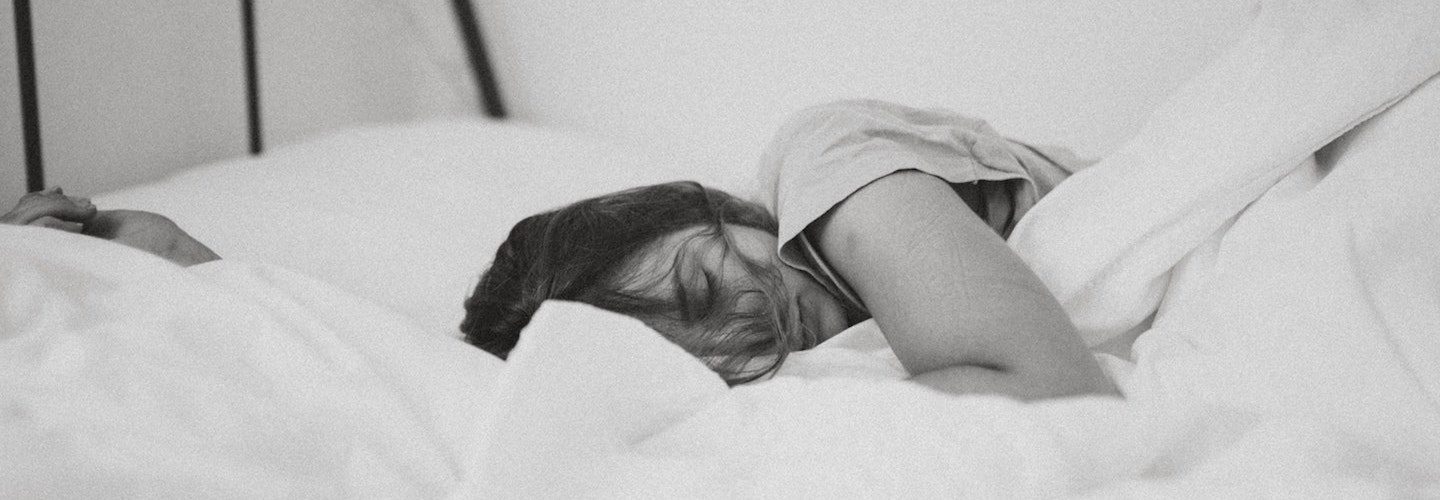
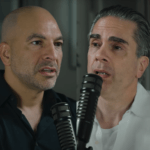
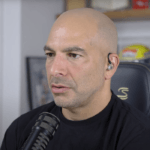
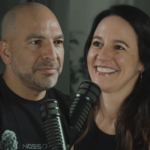
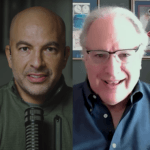
I’ve listened to several of your podcasts and love them. You have mentioned that you would discuss ways to mitigate the adverse effects of having to to work night. I have not been able to find this discussion. Would you please point me to the correct episode?
Thank you so much for your valuable podcast. On the topic of sleep I am 61 and am struggling with insomnia and wondering what you know about how it changes in your 60s for post menopausal women. Do we still need as much deep sleep? REM? I am now taking 400 mg of prescribed gabapentin for insomnia, which seems to really help me. Is this bad for me for long term use? Does it really give me a good nights sleep? It certainly feels like it does. Thanks again for your wonderful information and care.
Thank you for the recent podcast of excerpts with Matthew Walker. Dr. Walker mentioned a link he has to a zip code searchable resource from the AASM that may help in locating CBT-I therapists. Could you send that link?
As a side note, words, space and time are inadequate to describe what I have gained from The Drive.
I like this format, the content (selective review) and length (long enough to get something else done). I’d forgotten about several things discussed.
This format is a great way to review what you have heard, listen to podcasts you missed and integrate an overview of the topic. Please continue to do this as well as update information that has changed or been modified. A very valuable strategy. Thank you. BTW, I continue to recommend you to my graduate science educators as a great resource for them and their secondary students.
Love it!
2 questions:
1) Regarding the preferred sleep temperature, does that mean you should be sleeping at 67 degrees with T-shirt and shorts and no blanket? 67 degrees would be the temperature outside of your trunk so if you are sleeping under a blanket, it would be too warm?
2) How does hypersomnia affect a persons sleep quality? Is it possible that people with hypersomnia get into REM and deep sleep, but have trouble with the “spindles” and thus never feel fully rested and have trouble with long term memory?
I am 72. I have suffered from insomnia for decades and I am one of those who does, currently, take Lunesta, although only 1mg. I would like to titrate off and would love advice as to how to do that properly.